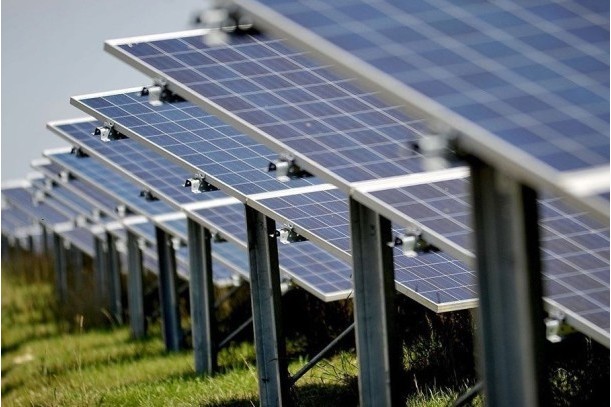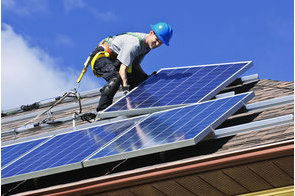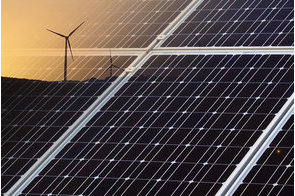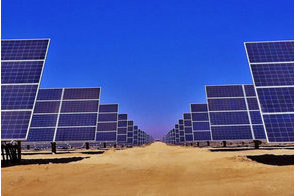Acumen’s impact fund raises $70m to boost clean energy access in Africa

Summary
KawiSafi Ventures supports companies that deliver clean, affordable renewable energy to low-income consumers and businesses.
Acumen, a global non-profit organisation that tackles poverty through impact investment, has announced a $70 million close of its venture capital fund, KawiSafi Ventures. The aim of the fund is to accelerate access to clean energy in Africa. Starting off with Rwanda and Kenya, KawiSafi aims to deliver clean and affordable energy to 10 million people and offset 10 million tonnes of carbon dioxide (CO2) emission.
Managed by Acumen Capital Partners LLC, a subsidiary of Acumen, KawiSafi Ventures supports companies that deliver clean, affordable renewable energy to low-income consumers and businesses in Africa. It aims to deliver returns to investors by making larger, more significant investments in high-growth companies with proven business models. The firm said its investments in different companies would range from $70,000 to $10 million.
Alongside the Green Climate Fund (GCF), other KawiSafi’s supporters are Steve Jurvetson, Chris Anderson and the Skoll Foundation. Acumen also holds an equity interest in the fund as a sponsor. According to a statement released by Acumen on Wednesday, more than 600 million people currently live without electricity and spend up to $17 billion yearly on inefficient energy in Sub-Saharan Africa (SSA).
“Acumen’s investing experience has shown us that Africa has a unique opportunity to solve its energy problem,” said Jacqueline Novogratz, Founder and CEO of Acumen. “We created KawiSafi to prove that renewable, off-grid energy, can be a faster, cheaper and cleaner way to electrify the continent. Given that Africa’s population is expected to nearly double by 2030, a clean energy strategy is good not just for the continent but for everyone.”
He added that by building scalable solutions that can bring power to low-income communities that have lived without electricity for too long, we can create a seismic shift in off-grid energy, releasing immense levels of human productivity and create a sustainable environment.
To date, KawiSafi has invested $21 million in renewable energy, impacting 4.3 million people and averting 360,000 tonnes of CO2 emission, according to the statement. One of KawiSafi’s first investments is d.light design inc, a company that manufactures and distributes high-quality, affordable solar products across Africa, China, South Asia and the United States.
Javier Manzanares, GCF’s Deputy Executive Director, said KawiSafi Ventures has a great potential in its ability to act as a role model for similar renewable energy investments in other countries.
“While the establishment of off-grid solar power will initially target at least 10 million energy-scarce people in Rwanda and Kenya, this fund has elements which could be replicated in bringing universal, low-emission power to communities elsewhere,” he said. “A key benefit of KawiSafi Ventures is the way it empowers solar power entrepreneurs at the grassroots level to leapfrog the need for fossil fuels in lighting up people’s lives.”
According to Amar Inamdar, Managing Director of KawiSafi Ventures, the energy landscape has changed drastically in the last decade. “We have seen proven, profitable businesses emerge that are already transforming how low-income people access electricity,” he said. “These companies, however, need early-growth capital to scale so they can meet customer demand and drive innovation in a rapidly evolving ecosystem. KawiSafi will fill this critical market gap to create a sustainable off-grid ecosystem, supporting countries to realize their United Nations Sustainable Development Goal of universal energy access.”
Founded in 2001, Acumen has invested more $115 million in 113 companies across Africa, Latin America, South Asia and the United States.
Related
-
Renewable energy jobs hit 12.7 million globally
Africa’s role is still limited, but the report points out that there are growing job opportunities in decentralized ...
-
Renewables can provide 60 pct of Nigeria’s energy demand by 2050 - IRENA
Achieving this milestone in renewable energy adoption will save the country 40 percent in natural gas and 65 percent in oil ...
-
IFC provides $55 million financing for Scatec Solar in Mozambique
Scatec Solar is a leading developer and owner of large-scale solar plants in Africa, with operations in South Africa, ...







